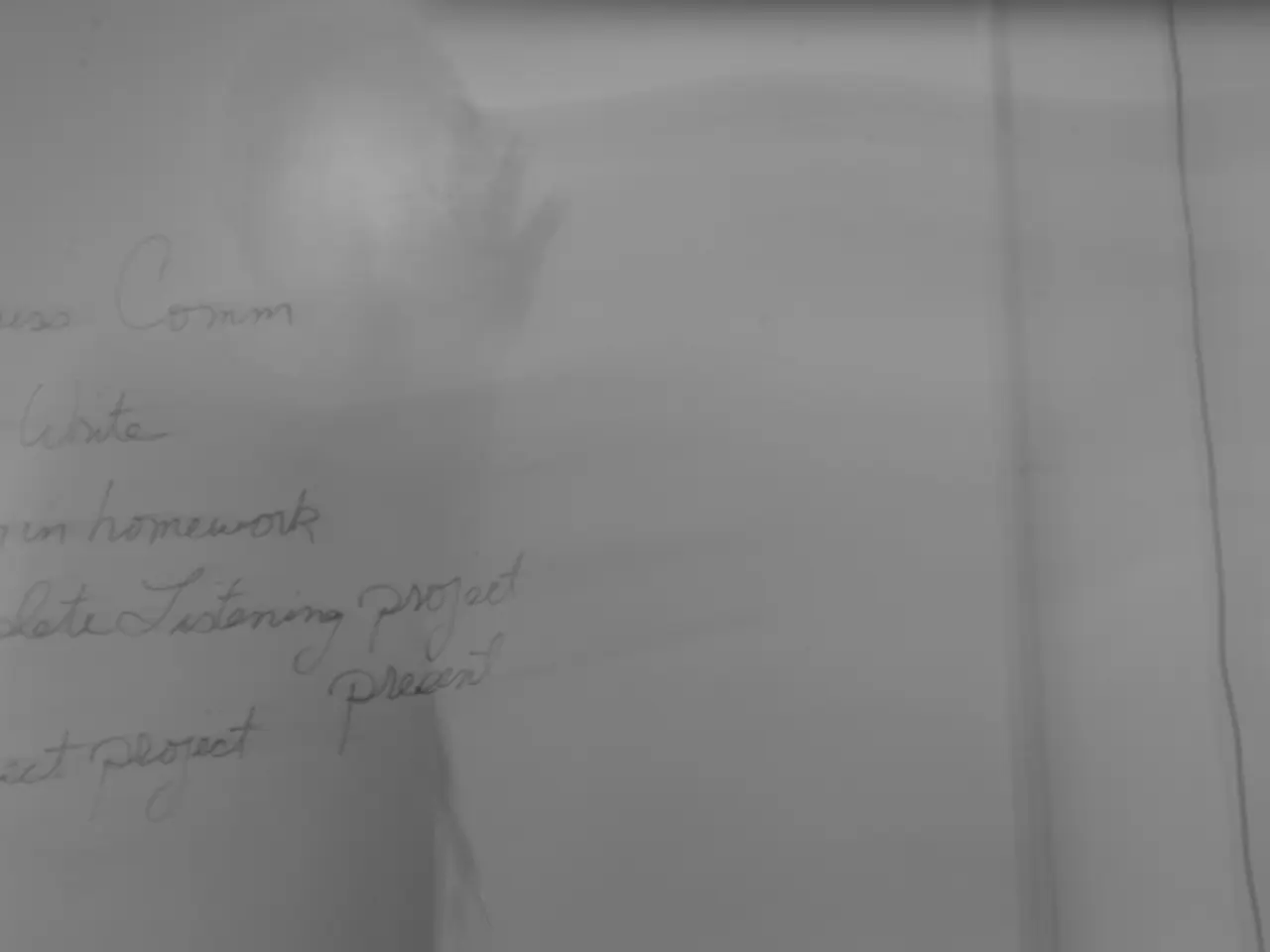Politics and science's fine dance
Volkswagen Foundation Awards Millions to Explore the Intersection of Science and Politics
In a bid to deepen our understanding of the intricate relationship between science and politics, the Volkswagen Foundation, the largest private German science-promoting foundation, has announced the funding of several ambitious projects. Over the past 60 years, the foundation has supported around 36,000 projects with a total of over €7.5 billion, and this latest round of funding continues this tradition.
One of the new projects, "Reforming Science: Investigating the Reflexivity & Reflectivity of (Non)Academic Actors Advocating for Science Reforms," is led by Dr. Sheena F. Bartscherer of Humboldt-Universität zu Berlin and Prof. Dr. Jesper Schneider of University of Aarhus, Denmark. This project, funded with approximately 1.1 million euros, aims to delve into the political dimensions of science reform.
Another project, "Looking Across Worlds for Environmental Justice: Interrogating Scientific Practices of Relating to Indigenous Knowledge," is led by Dr. Annette Mehlhorn, Dr. Fausto César Quizhpe Gualán of Humboldt-Universität zu Berlin, Dr. Angus McNelly of King's College London, England. This project, also funded with approximately 1.1 million euros, will explore the intersection of science and politics in the context of environmental justice.
The project "China's Science Silk Road and the New Geopolitics of Knowledge Production" is funded with approximately 1 million euros and will investigate how China influences global research practices through investments in science and technology along its Belt and Road Initiative.
The "Research on Research" initiative has awarded five collaborative projects, totaling around 4.9 million euros. One of these projects focuses on researchers in computer-aided disciplines and their struggles with reliably reproducing results, exploring the rules needed to ensure reliable results and the impact on political practice and societal expectations.
Another project, "Science under Pressure: Engaging with Science and Democracy in Hybrid Sites (SCIPRESS)," is funded with approximately 1.1 million euros. This project will examine how science and politics are increasingly working together, focusing on political requirements influencing scientific work and democratic and scientific approaches coexisting in organizations.
The project "Reproducibility Has Politics" is funded with approximately 500,000 euros and will explore the political dimensions of reproducibility in science, focusing on the role of scientific journals, funding agencies, and research institutions in shaping scientific practices and norms.
A additional project focuses on the challenges faced by researchers in ensuring the reliability of their results, particularly in computer-aided disciplines, and the rules needed to ensure such reliability and its impact on political practice and societal expectations.
Jens Rehländer, the Head of Communications at the Volkswagen Foundation, stated that the goal is to contribute to a better understanding of how science works, how it changes, and what this means for society. The press release for the awarded projects is available online.
The Volkswagen Foundation can be contacted via email at [email protected] or by phone at +49 511 8381 380. For more information, visit the foundation's website or sign up for their newsletter to stay updated on current news, events, funding opportunities, and deadlines.
[1] Political expectations shape theoretical frameworks [2] Political pressures can lead to emphasis on findings that align with prevailing ideologies or policy goals [3] Global networking affects the exchange and development of scientific knowledge [4] Political actors may appeal more to emotions and beliefs than objective facts, complicating how scientific knowledge is integrated into governance.
- The project "Political Actors and the Shaping of Scientific Frameworks" will delve into how political expectations influence the development of theoretical frameworks in science, education, and self-development, and general news.
- In the context of global news, understanding the impact of political pressures on the emphasis of findings that align with prevailing ideologies or policy goals is crucial, a focus of the project "Navigating Politically Influenced Research Findings in the Age of Information."




